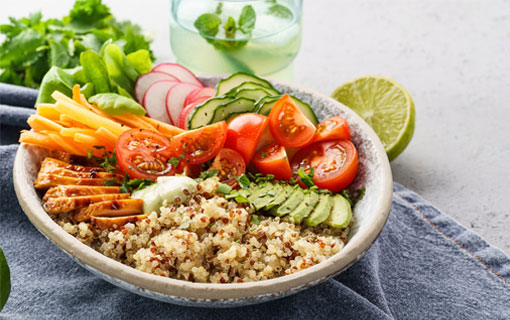Home / Top Tips for Low GI Living / What About Sugar
What About Sugar
A healthy diet can include a little sugar, even for those living with diabetes.
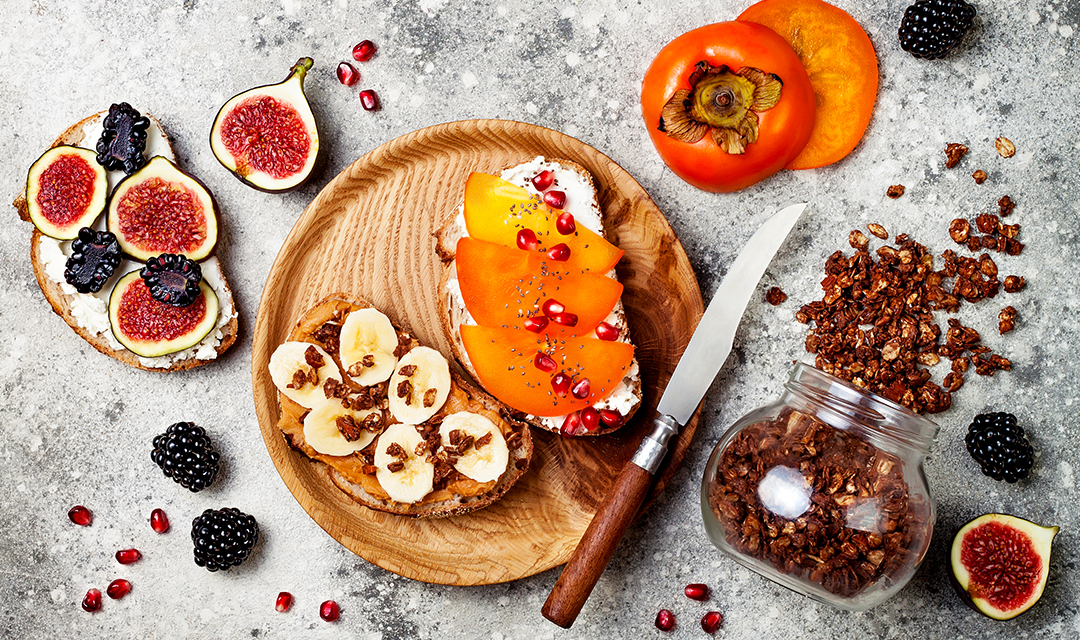
Eating sugar on a low GI diet
A healthy diet can include a little sugar, even for those living with diabetes. Clinical studies have shown that sugar, and sugar containing foods, do not increase blood glucose levels more than other types of starchy carbohydrates.
Most global diabetes organisations advise that rather than avoiding sugar all together, limit foods with lots of added sugar and little nutritional value such as confectionery, cakes, biscuits, soft drinks and desserts. These types of foods not only affect blood glucose control, they are also likely to affect weight and dental health too.
Other foods such as low GI whole grain breakfast cereals, fruit yoghurts and home-made fruit based desserts (baked with less sugar) are all nutritious and can be enjoyed as part of a healthy eating plan.
In general, look for foods that naturally contain sugar and offer lots of nutrition, such as fruit and dairy foods.
Fruit is your friend
There is no need to avoid fruit on a low GI diet. The naturally occurring sugar is bound up within the plant cell walls, which means the body has to work hard to get the sugar out for it to be absorbed. Fruit also contains other important and beneficial nutrients such as fibre, vitamins, minerals and antioxidants. Aim for two serves of seasonal fruit a day and avoid too much fruit juice.
Recommended for you
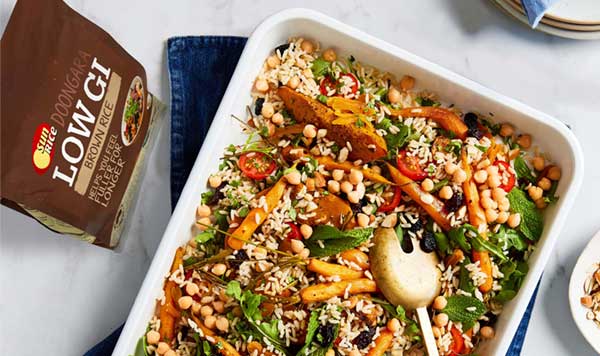
RECIPES
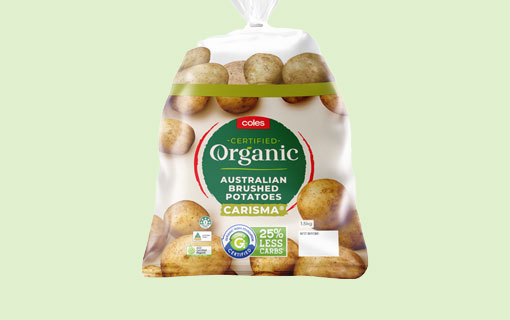
GI CERTIFIED PRODUCTS
DIABETES

LOW GI LIVING
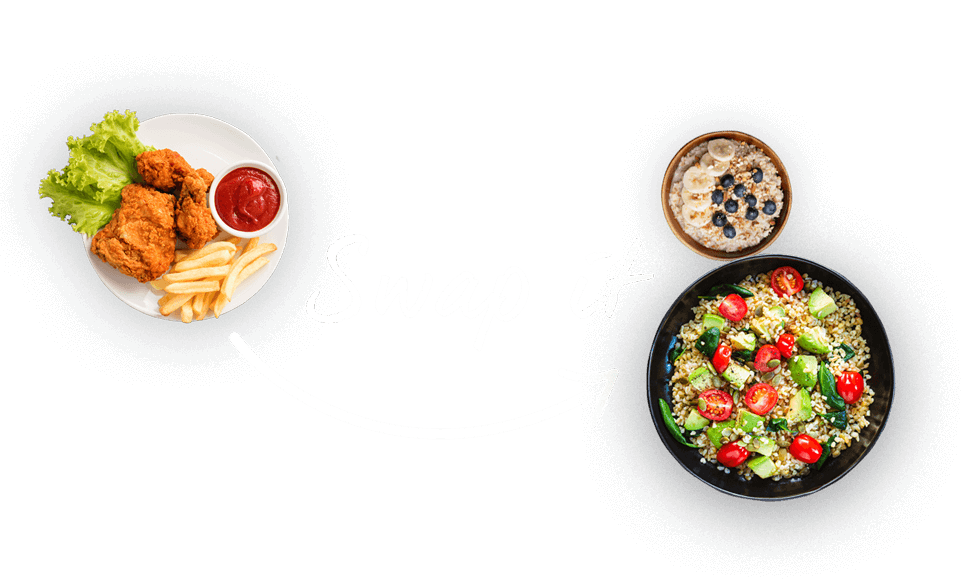
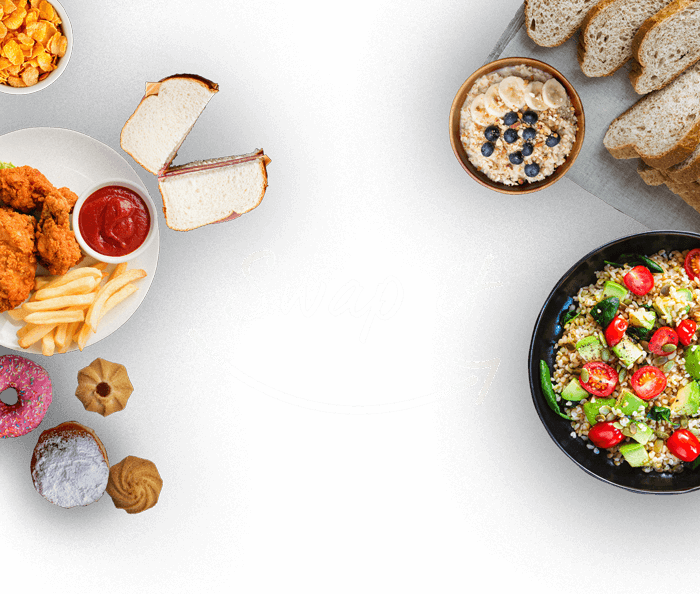
A low GI diet focuses on the quality of carbohydrates you eat. Good carbohydrates (or low GI carbohydrates) are more slowly digested helping keep your blood sugars stable, whereas bad carbohydrates cause your blood glucose levels to peak and crash. Want to know which carbohydrates are best for you? Try our swap it tool!


